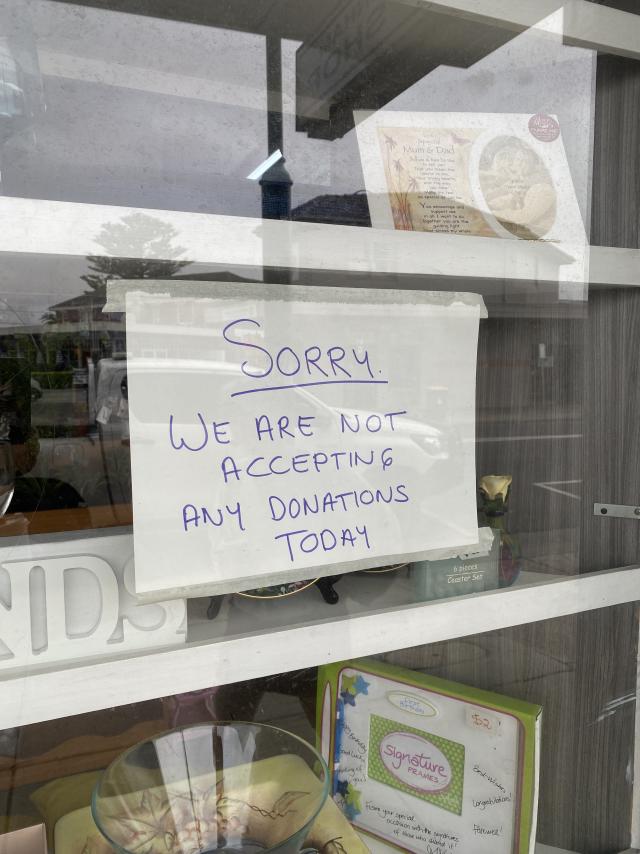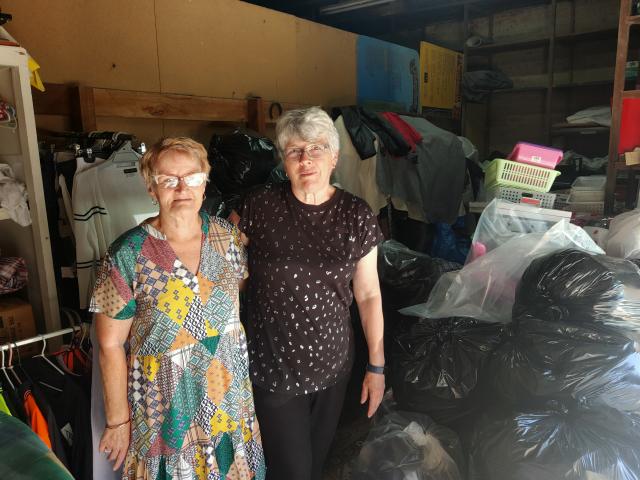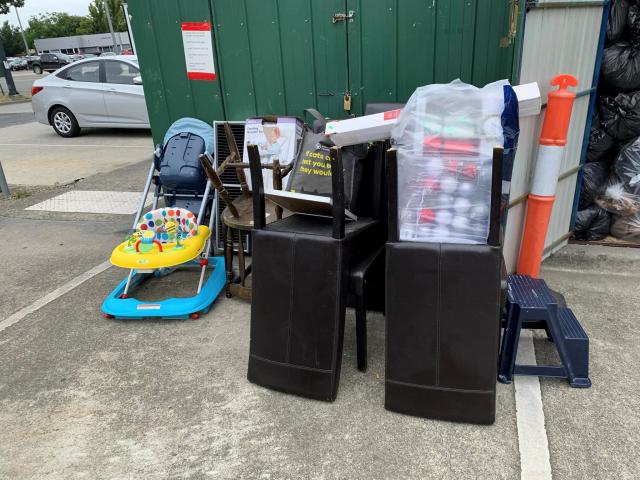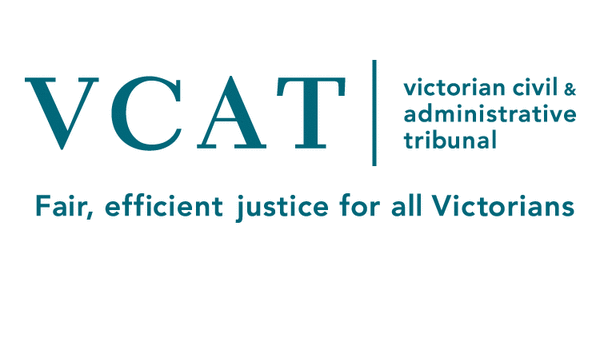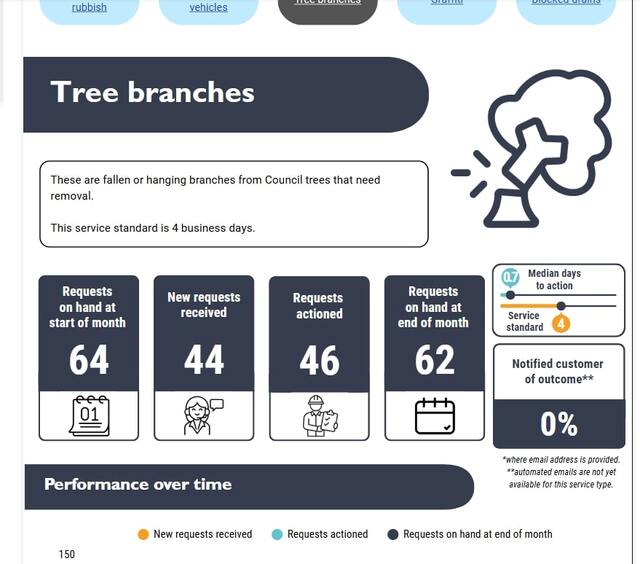Would-be charity shop donors are being urged to carefully consider the items they drop off, as a wave of post-Christmas donations overwhelm stores across the South East.
Berwick Opportunity Shop president Margaret Ruse said the Berwick Village store has seen an 80 per cent increase in supply over the holiday period.
“Christmas and New Year sees lots of families replacing their old toys and products with new ones, but unfortunately we are receiving a lot of broken items that we are unable to sell,” Ms Ruse said.
Large items, baby items such as cots, high chairs and prams, as well as electrical products and products that are stained, broken, torn or worn out can’t be sold by the shop due to consumer law standards, Ms Ruse said.
“We do get some fantastic stuff in and we really appreciate what we get, but at this time of year if people can hold off until it quiets down, that would really help us.”
Ms Ruse said she anticipates the store to continue to experience increased supply – much of which consists of items she says is more suitable for hard rubbish collection. for at least another month.
The shop currently fills a four cubic metre skip bin three times a week with items the store can’t sell – a pricey endeavour for the volunteer-run store.
“We probably spend about $12,000 a year disposing of rubbish we receive… It’s our biggest cost at the shop and it’s money that could be going back into the community,” she said.
The Pakenham Opportunity Shop has chosen to stop accepting donations in its first week back after the new year break, in an attempt to catch up.
Each year they estimate a similar value to disposing of unsellable items to the Berwick Op Shop.
“We had ten bags of wet clothes [donated last week]. It was lucky I’m a sticky nose and I opened them up. We then had to go through every bag in both bins and look to see,” volunteer Jan Taylor said.
“That filled our dumpster.”
The volunteers said they were now emptying their dumpster weekly, rather than fortnightly.
“It never stops,” Ms Taylor said.
“If clothing is torn, worn or faded, people aren’t going to buy them.”
She said the shop was disposing about a tonne of rubbish a week.
500 kg worth of items were picked up earlier this week, accumulated from only four days.
“It’s pretty nuts,” one volunteer said.
Where possible, the volunteers try to find alternatives to sending items to the tip.
For instance, the shop doesn’t have the storage space for winter items received in summer, so good quality coats and jumpers will be given to other charity organisations that send them overseas for use.
The Pakenham ladies theorised that people found leaving their rubbish with the op shop was preferable to booking a hard rubbish collection through the council.
Despite a perceived influx in unsellable donated goods, chief executive of Charitable Recycling Australia Omer Soker said second hand stores are working hard to find a sustainable solution for these items.
“Our organisation tallies the total waste to landfill from charities on behalf of the Victorian Government’s landfill levy program and data shows current waste is at the same levels as 2016,” Mr Soker said.
“Given the massive increase in consumer consumption over those years, a much smaller percentage is going to landfill than ever before (currently only 14 per cent) and charities are more effective and efficient at resource recovery than ever before.
“The messaging from Australia’s reuse charities is always ‘thank you’ because charity shops and non-profit social enterprises could not operate without the generosity of Australians.”
He too encouraged donors to be conscious about what they donate.
“It’s about responsible donating, with a message that if you wouldn’t give it to a friend, please don’t give it to charity.
“Remember to donate in store or inside a charity bin, never outside where the donations may get soiled by weather or tampering.
Ms Ruse implored locals to make donations during the shop’s operating hours where possible.
“When donations are left outside over night they almost always get ransacked and strewn across the car park. Its a big clean up for our volunteers in the mornings,” she said.

